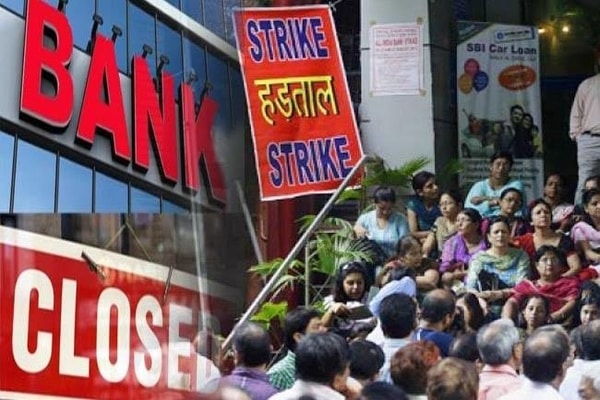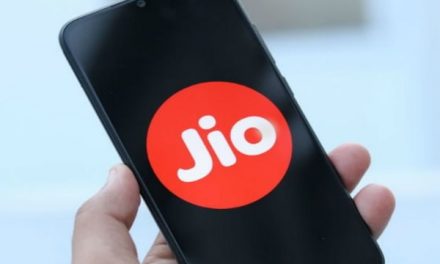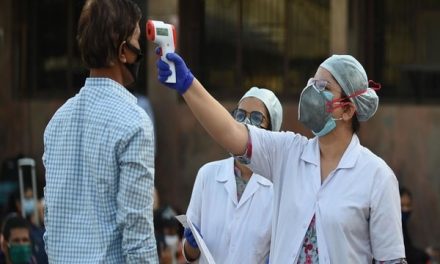The nationwide strike called by trade unions began early on Wednesday with workers from several sectors joining in the protest. Rail and road transport in eastern India especially West Bengal and Odisha were seen getting hit early in the morning. However, Delhi and Mumbai did not see much disruption early on Wednesday.
Highlights:
- More than ₹22,000 crores of bank transactions including cheque and cash transactions are set to get hit throughout the day due to trade union strike.
- Central Trade unions have a 12 point charter of demands that they claim the government is not fulfilling
Here are the five things you need to know in trade union strike:
1) Banking and financial services:
More than ₹22,000 crores of bank transactions including cheque and cash transactions are set to get hit throughout the day. Some 10 unions from banking and insurance sectors and around 500,000 bank officials are on strike claimed their unions.

“As per reports reaching us from all over the country, mainly from major State likes Maharashtra, Andhra Pradesh and Telangana, West Bengal, Uttar Pradesh, Punjab, Gujarat, Karnataka, Kerala, Bihar banking transactions have been greatly affected. Cash could not be deposited or withdrawn. Many ATMs also did not function. Cheques could not be sent to Clearing House. In the Clearing Grids, about 28 lac cheques worth about Rs. 21,500 crores could not be cleared due to the strike.
2) Workers Unions Demand:
Central Trade unions have a 12 point charter of demands that they claim the government is not fulfilling. The demands include a minimum wage of Rs. 21,000 per month, better job creation, a rollback of policies on contractualisation of the workforce, tripartite discussion on labour reform, no to the privatisation of profit-making public sector enterprises and the universal pension system. They have claimed that over 200 million workers from both formal and informal sectors will participate in the nationwide strike throughout the Day.
3) Govt Orders:
The central government has issued an order asking it’s employees not to join the strike as their service conditions do not allow them to go on strike. In West Bengal, the ruling Trinamool Congress chief and chief minister Mamata Banerjee has said no to strike too. In Bangaluru, the administration has asked people not to disturb public life.
4) Coal strike:
Representatives of coal unions said 600,000 workers, both permanent and temporary, at coal mines are striking and production loss will be calculated by end of the Day. Lakhan Mahato, general secretary, United Coal Workers Union said their strike is on despite a call from Coal India Ltd management to not go on strike.
5) History of the nationwide strike:
This is the 19th nationwide strike since 1991 when the first such Bharat Bandh happened. Since 2015 it’s the fourth Bharath Bandh: 2 Sep 2015, 2 Sep 2016, 8-9 Jan 2019 and 8 Jan 2020. Trade unions said the Wednesday strike will see the maximum participation of workers from both formal and informal sectors.












